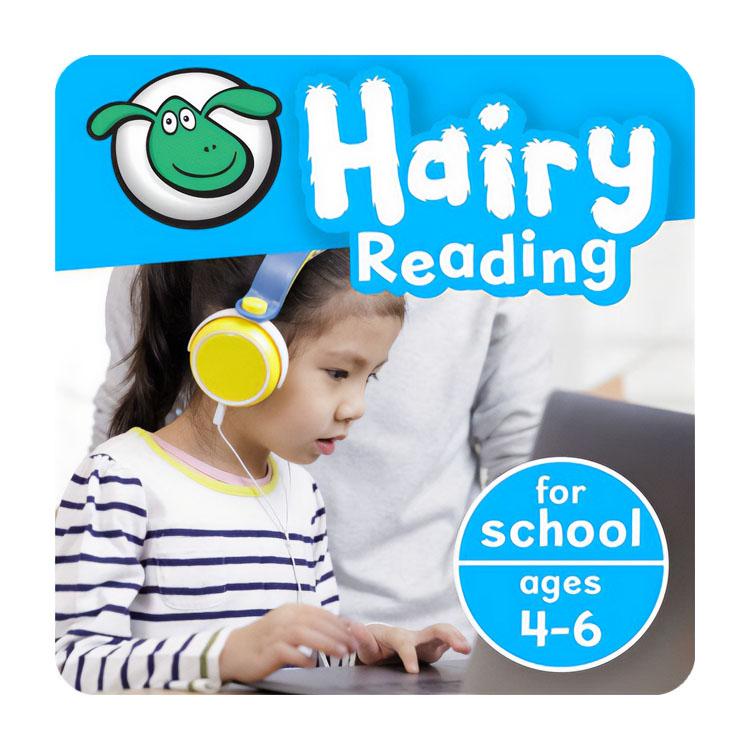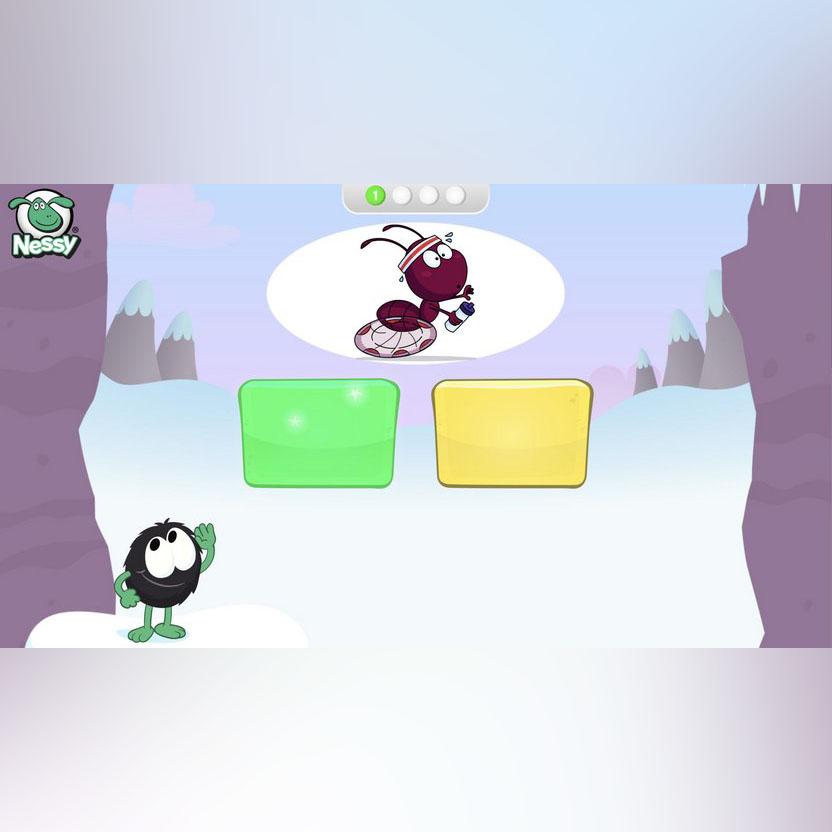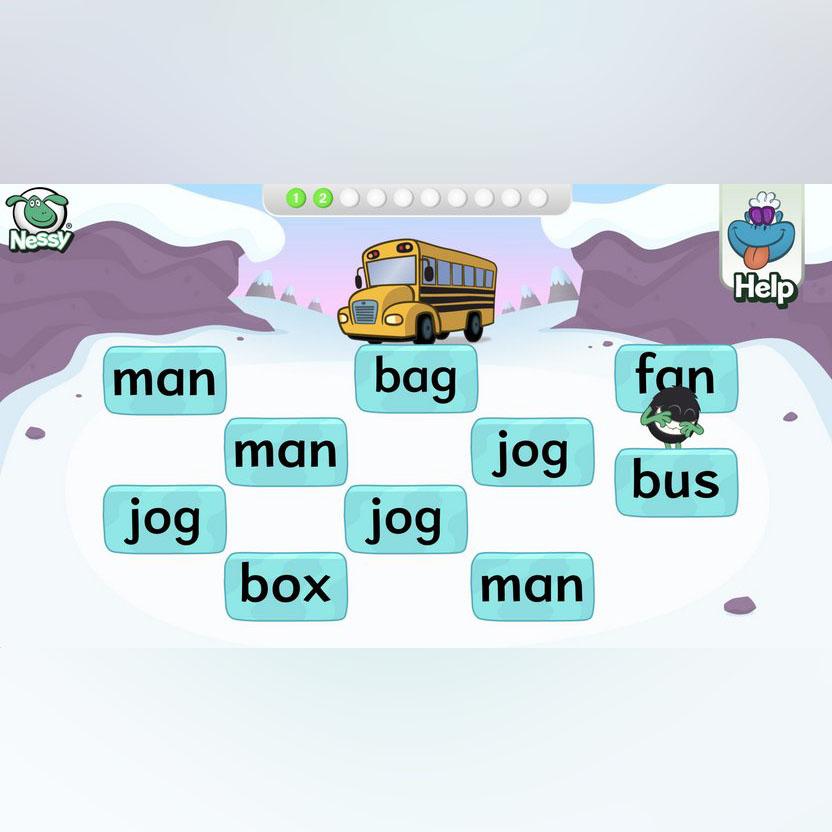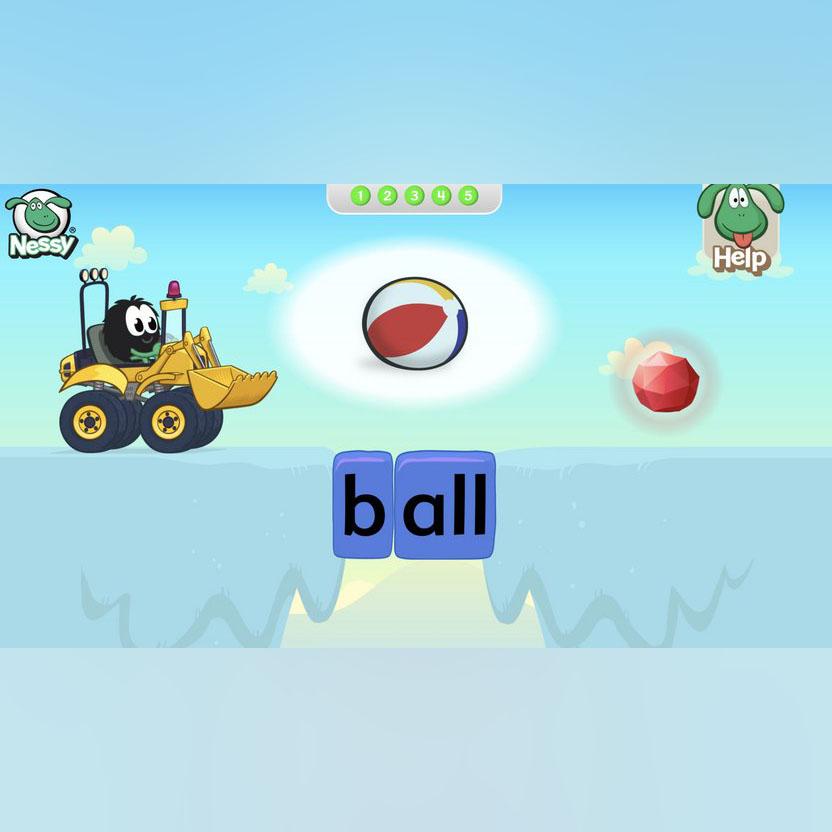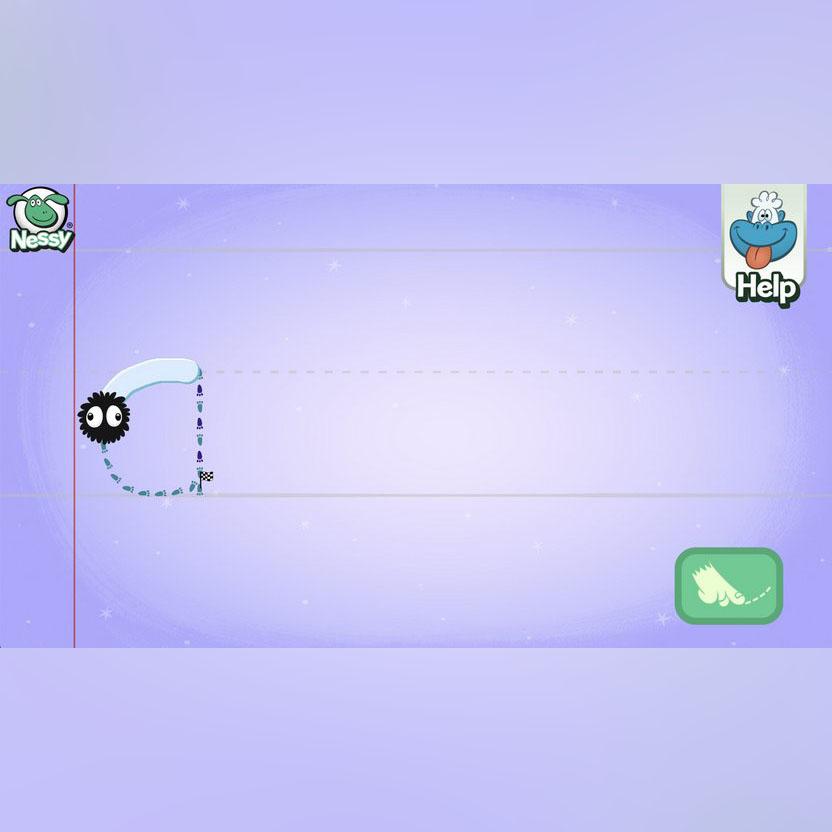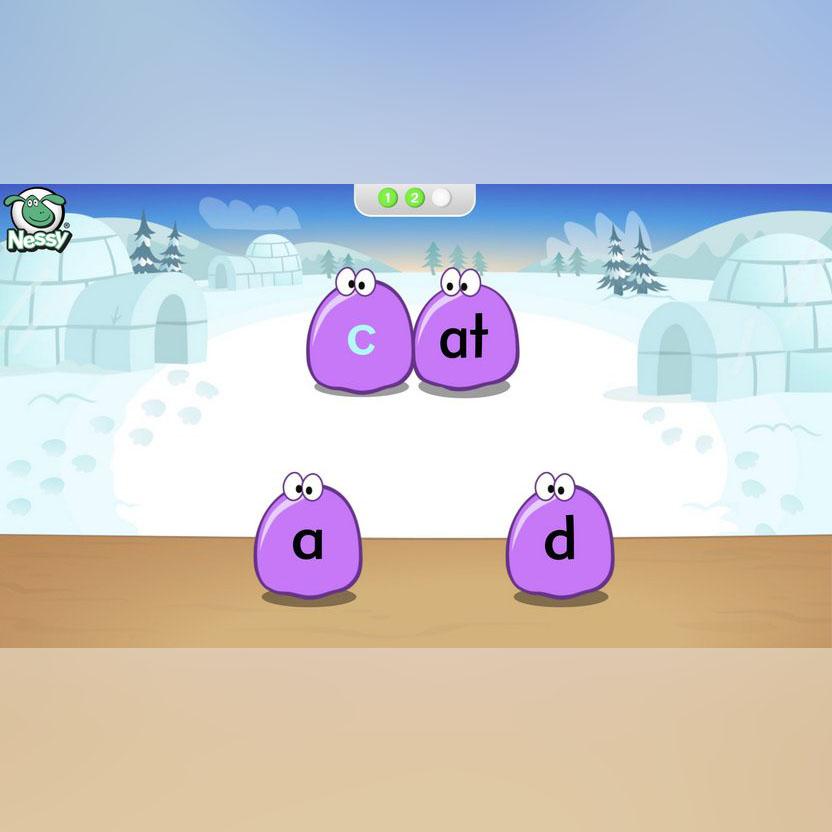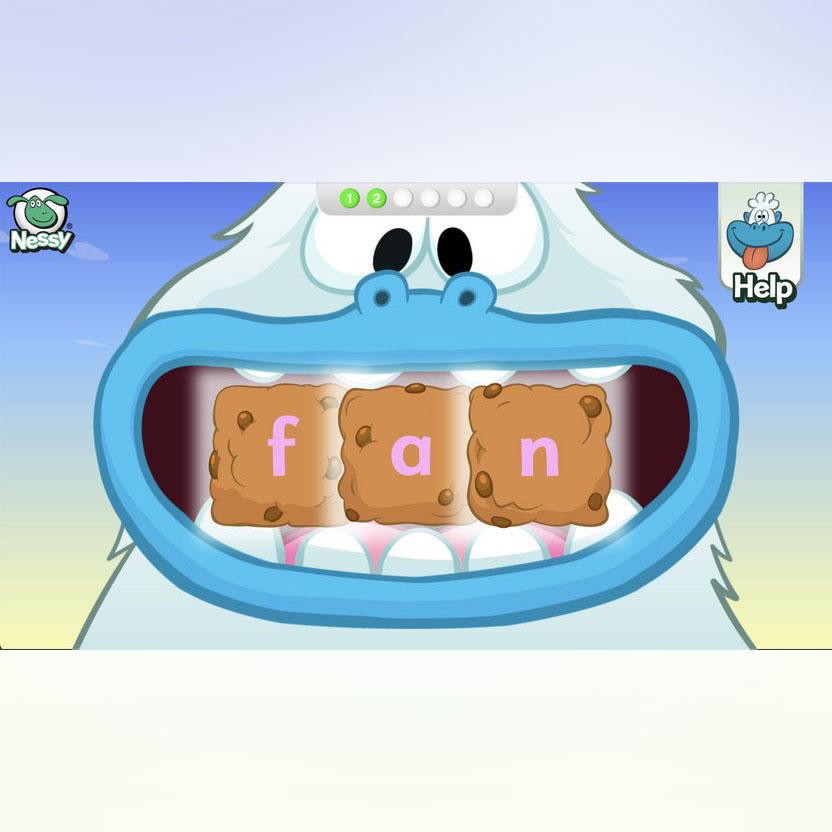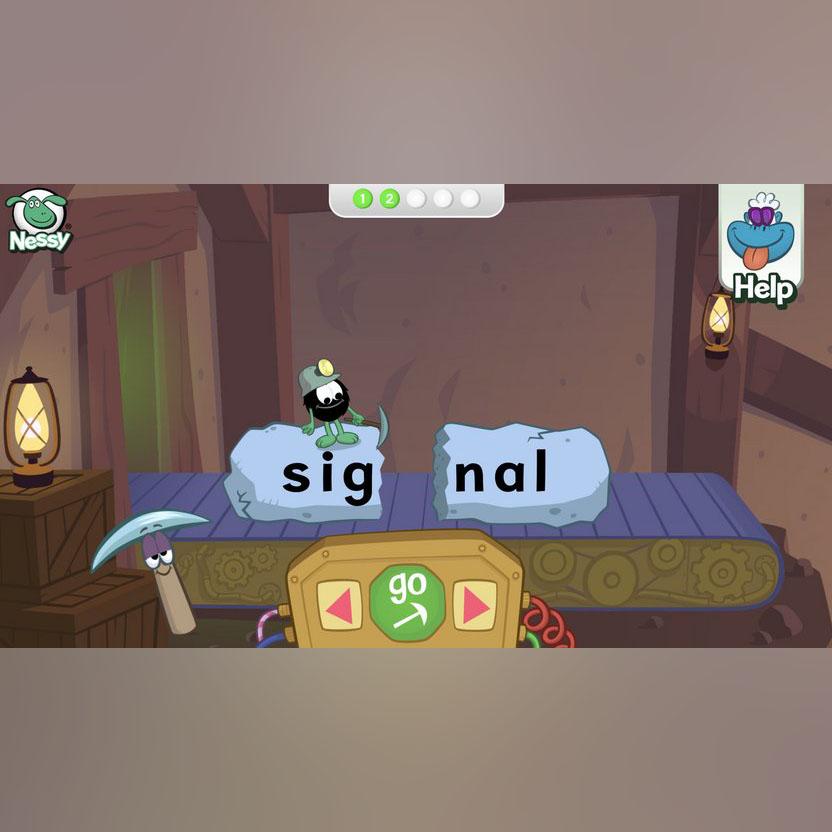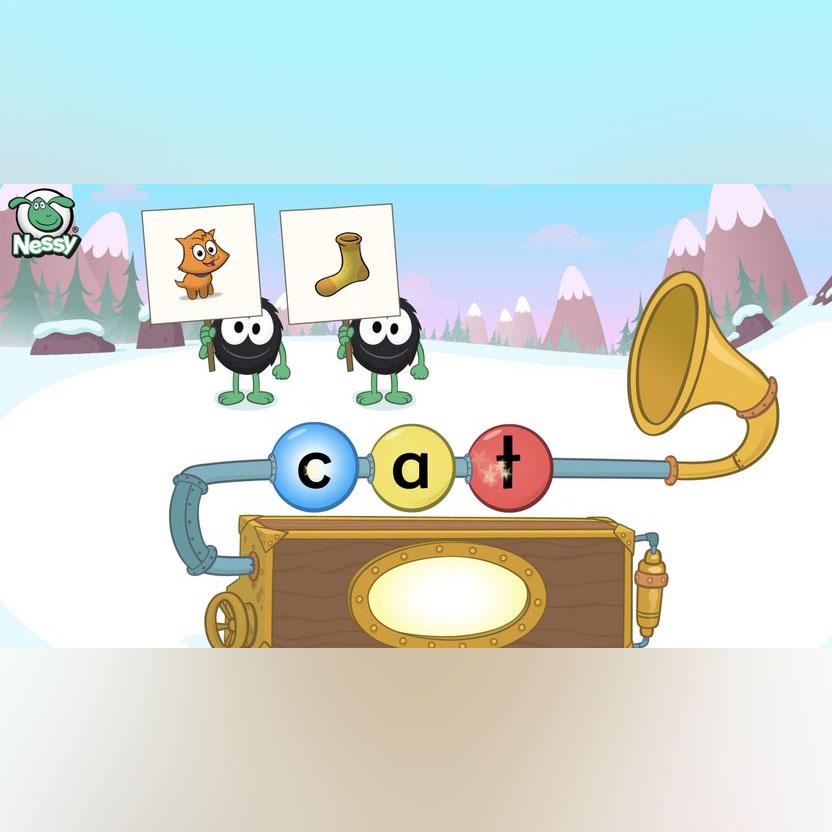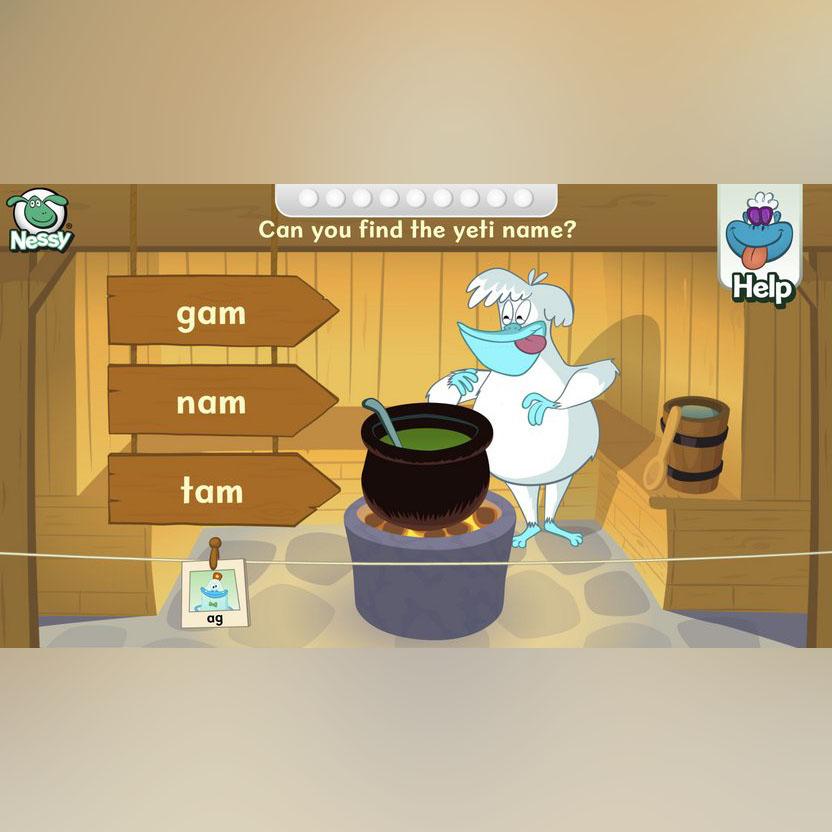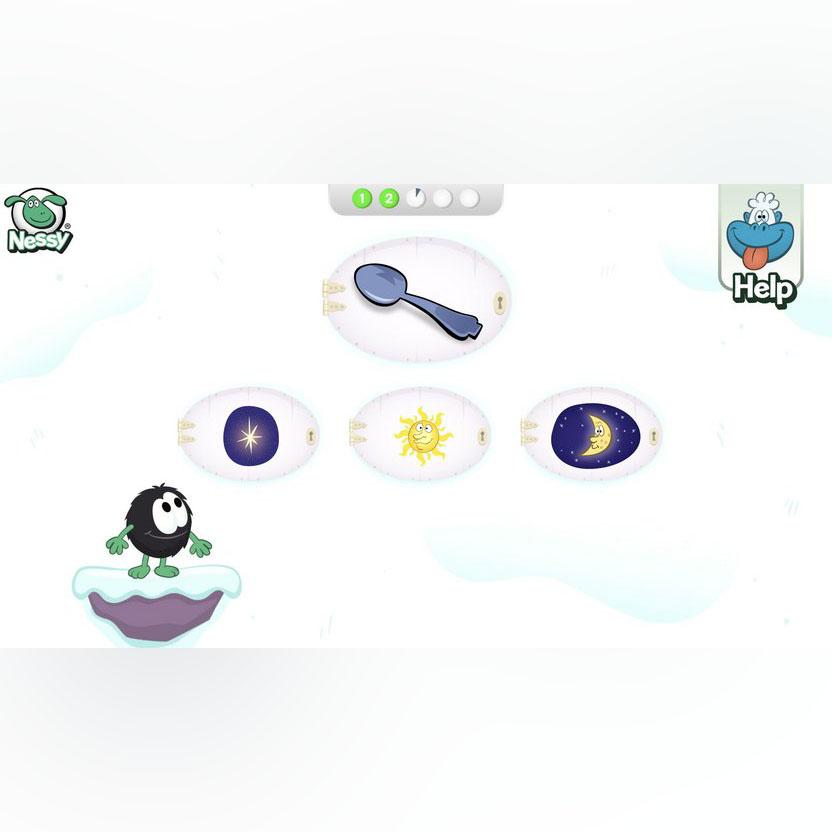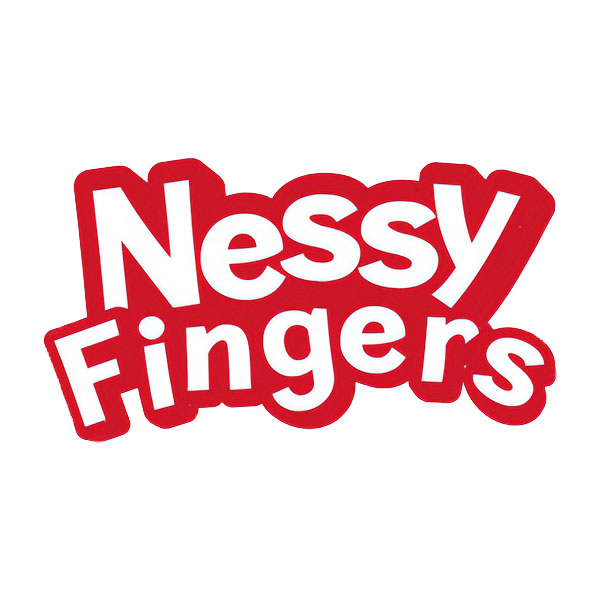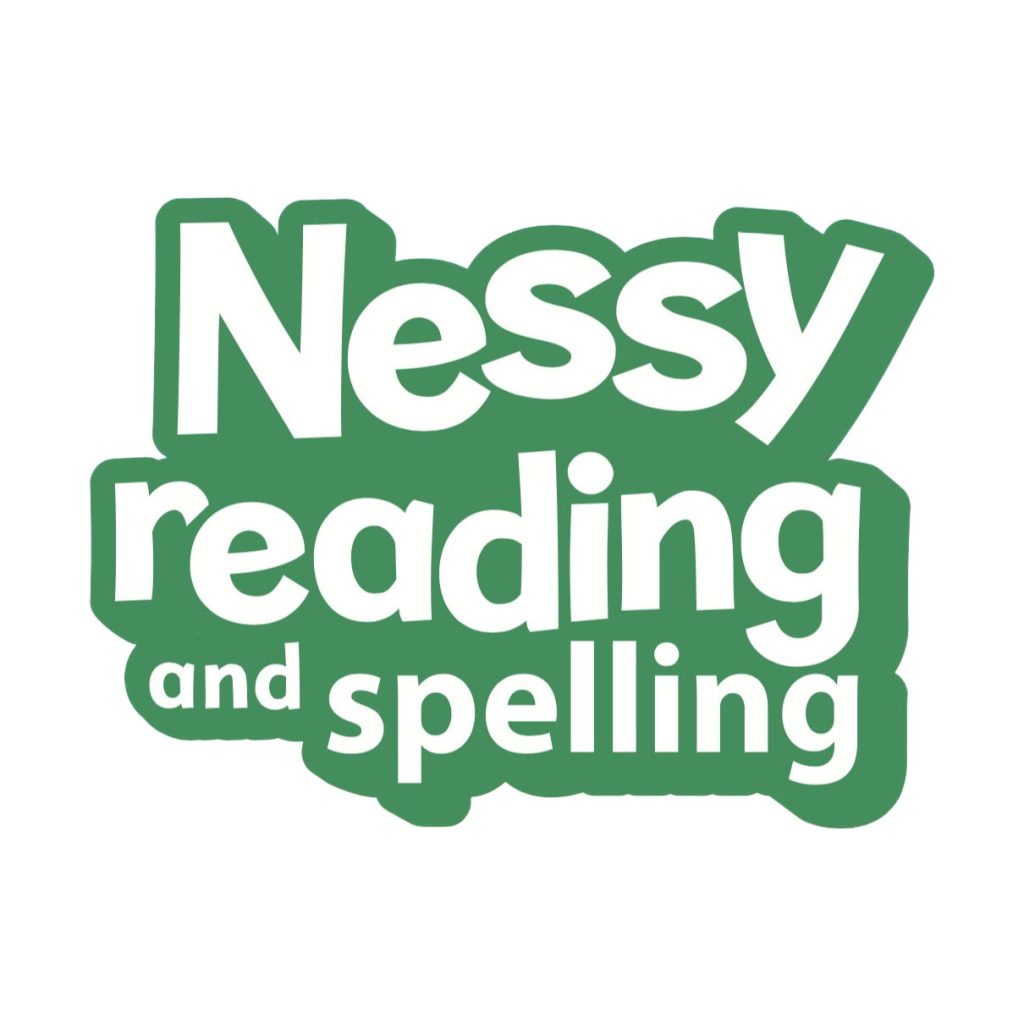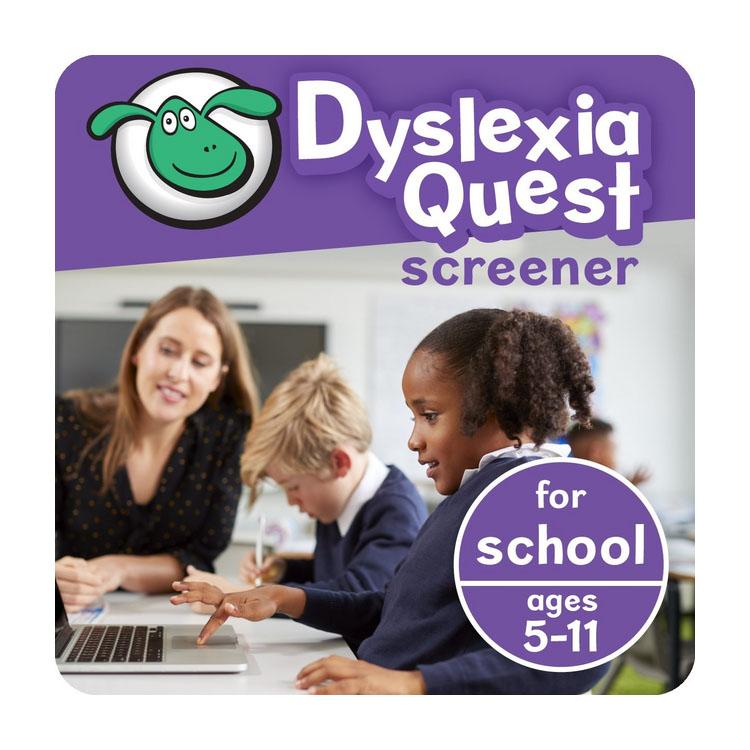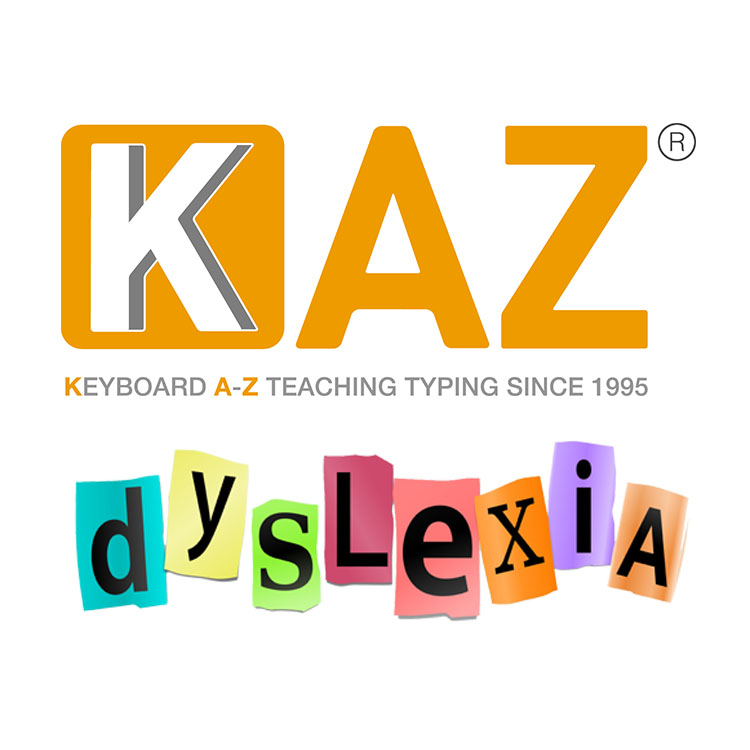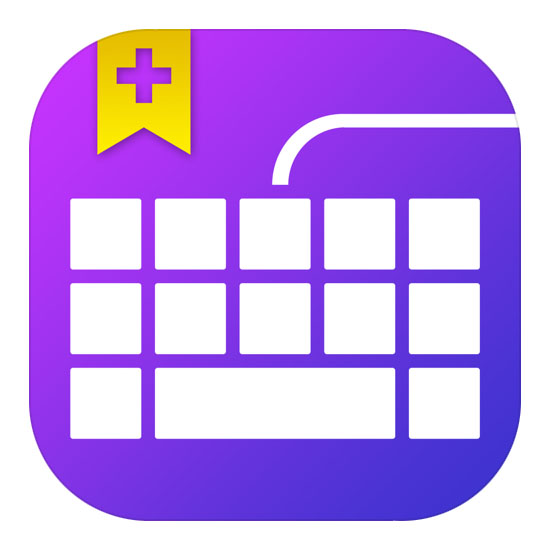Hairy Reading is a complete SSP programme (the method recommended by the Department for Education and looked for by school inspectors) providing a teaching framework that develops phonological and phonemic awareness alongside phonic knowledge. Phonological awareness is an essential skill needed for children to succeed with phonics.
The program is delivered through both computer and direct teaching. It includes videos, computer games, printable worksheets, card games and teacher training resources. Nessy enables whole class teaching but with an individualised approach.
It is perfect for children who are not yet ready for the Nessy Reading and Spelling program.
The Importance of Phonological Skills and Phonemic Awareness
Children sometimes fail with phonics because they have advanced too rapidly and not had enough time developing fluency. The Hairy Reading program has enough intensity to advance children beyond the blending phase to automaticity. Another reason children sometimes fail with a phonic approach is where foundational phonological skills have not been fully developed – especially phonemic awareness. The Hairy Reading program has been specifically designed to provide a strong foundation in phonology while phonic knowledge is being learned.
How Does It Work?
- The programme is streamed online so can be used at home and school.
- It is designed for discrete daily learning sessions.
- It works best with touch screen devices such as tablets and smart phones but also works with computers (Windows Mac or Google Chromebooks).
- Every child has a unique profile, after logging in, they are automatically guided through a structured learning sequence.
- To complete a learning objective, children are taken through a series of daily journeys, reinforcing what was learned the day before. The lesson objectives progress gradually from simple to complex.
- Develops phonological sound (phoneme) discrimination before graphemes are introduced
- Children are assessed by the programme three times a year to measure progress. The assessment results set personalised learning objectives.
- In the reporting area, teachers can see what each child is learning, monitor how much time is spent on the program and are alerted when a child is having difficulty.
- Printable worksheets, card games and decodable books are used for direct teaching.
- Daily, whole class, phonological building activities.
- A weekly email report provides a snapshot of activity.
Features
- Decodable phonic books
- Letter formation and fine motor development
- 100s of printable worksheets and games
- Help for teachers with training videos and lesson plans
- 11 games
- 100 learning journeys designed for daily learning sessions
- Develop phonology
- Systematic phonics instruction
Skills Developed
- Letter knowledge (gpc)
- Phonic knowledge (consonant and vowel digraphs)
- Sound identity and isolation
- Rhyming
- High frequency exception tricky words
- Phonemic blending
- Segmentation
- Onset and rime
- Fluency (words and sentences)
- Vocabulary and comprehension
- Early suffixes and morphology
Scope and Sequence
Phonics Focus 1
s, a, t, p
i, n, m, d
h, e, r, c, k
g, o, l, f
b, u, j, q
v, w, x, y, z
VC CV
Fluency Focus 1
CVC a
CVC e
CVC i
CVC o
CVC u
Phonics Focus 2
sh
ch
ck
th
all, ll
ff, ss, zz
Fluency Focus 2
CCVC
y as i
Print awareness
Punctuation
Phonics Focus 3
ee, ea
ay, ai
igh
oa, ow
oo
Compound Words
Fluency Focus 3
Suffix -s, -es
Suffix -y, -er
Suffix -ing
Suffix -ed

